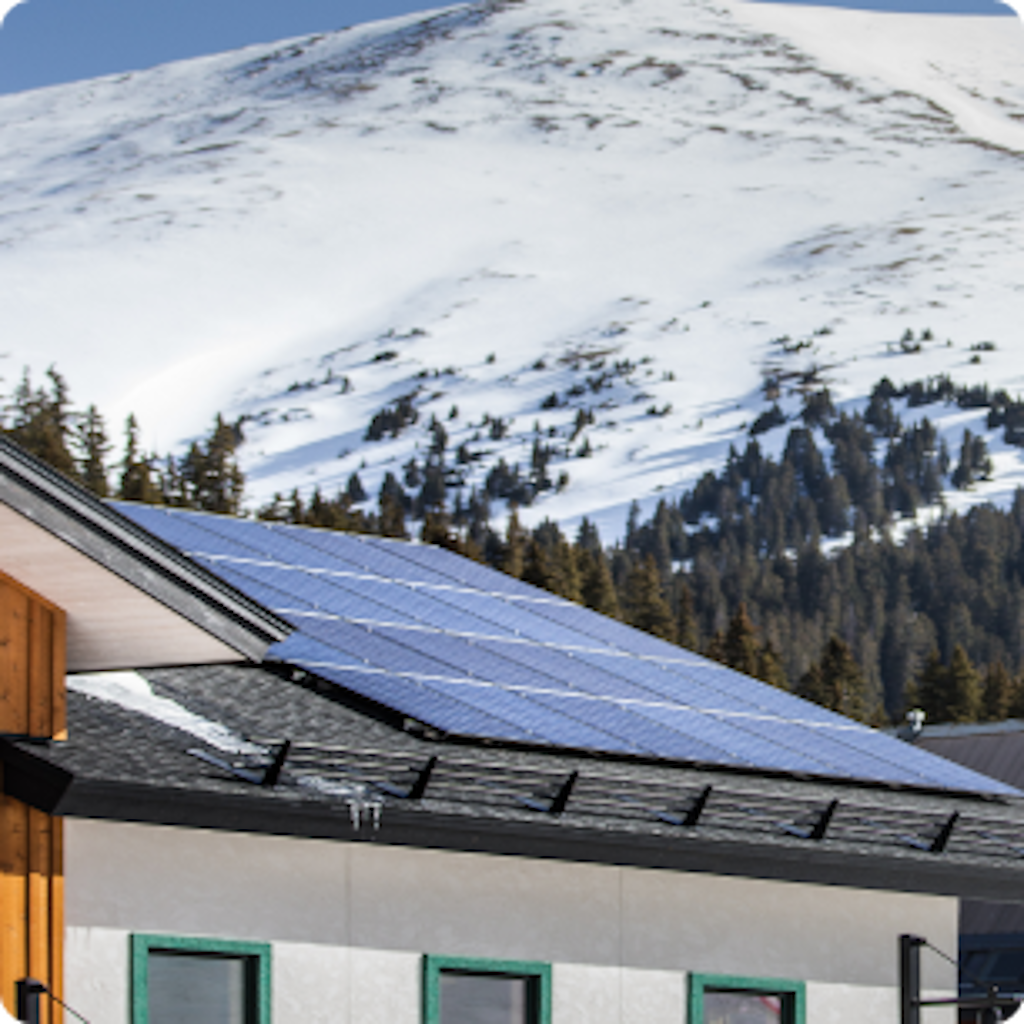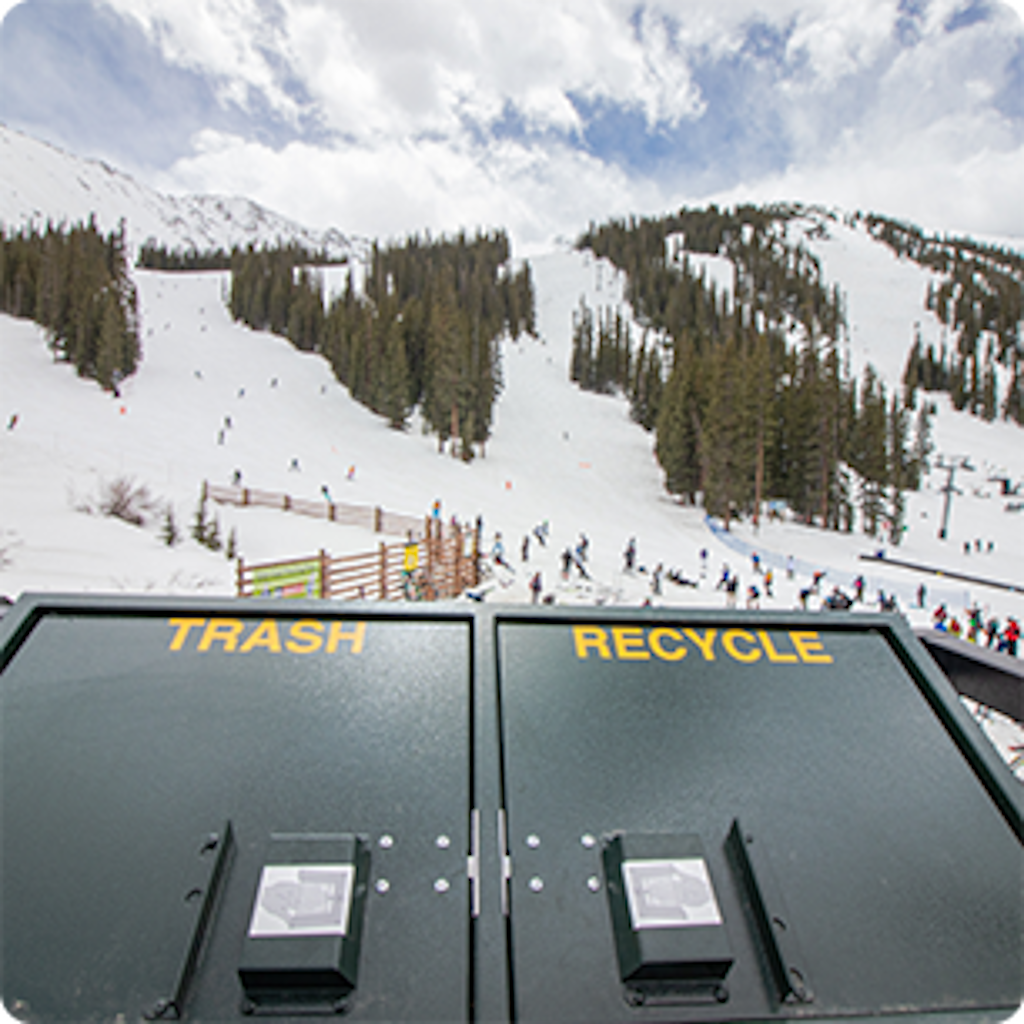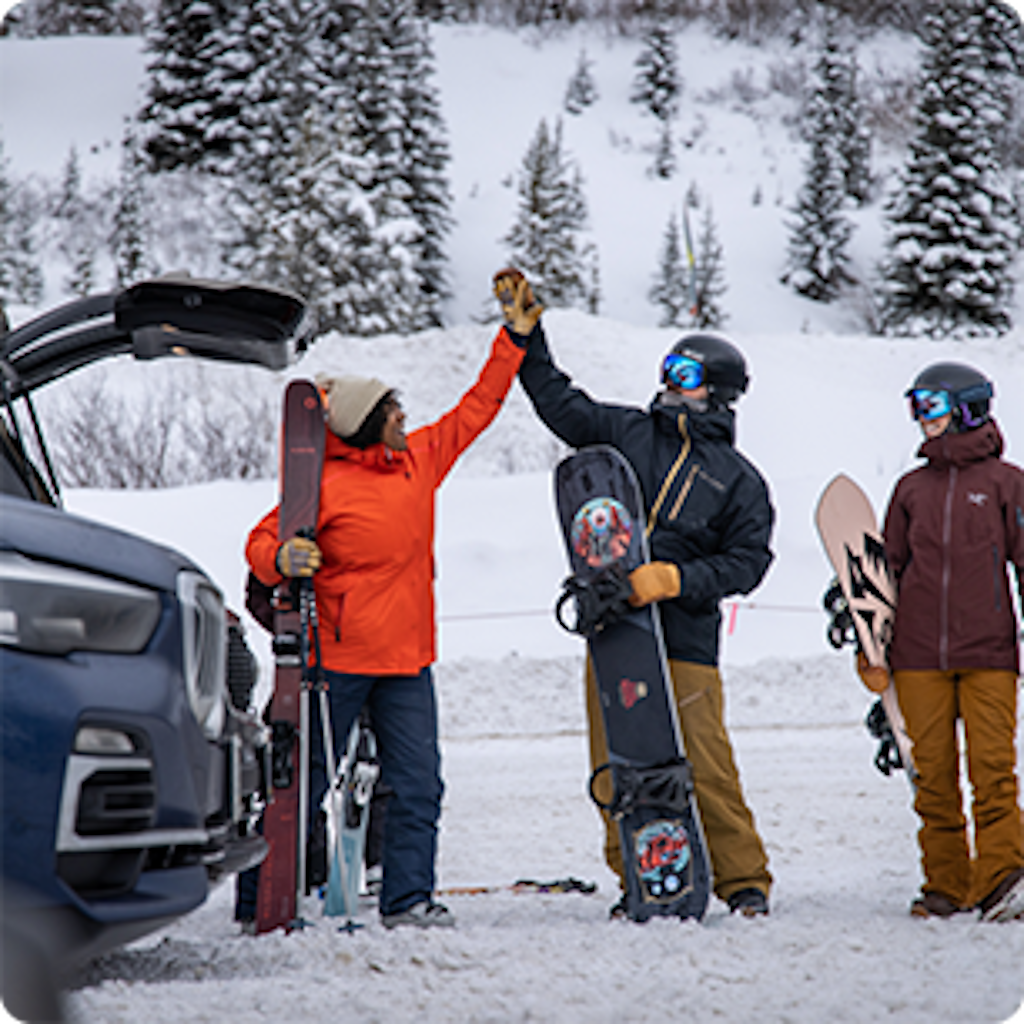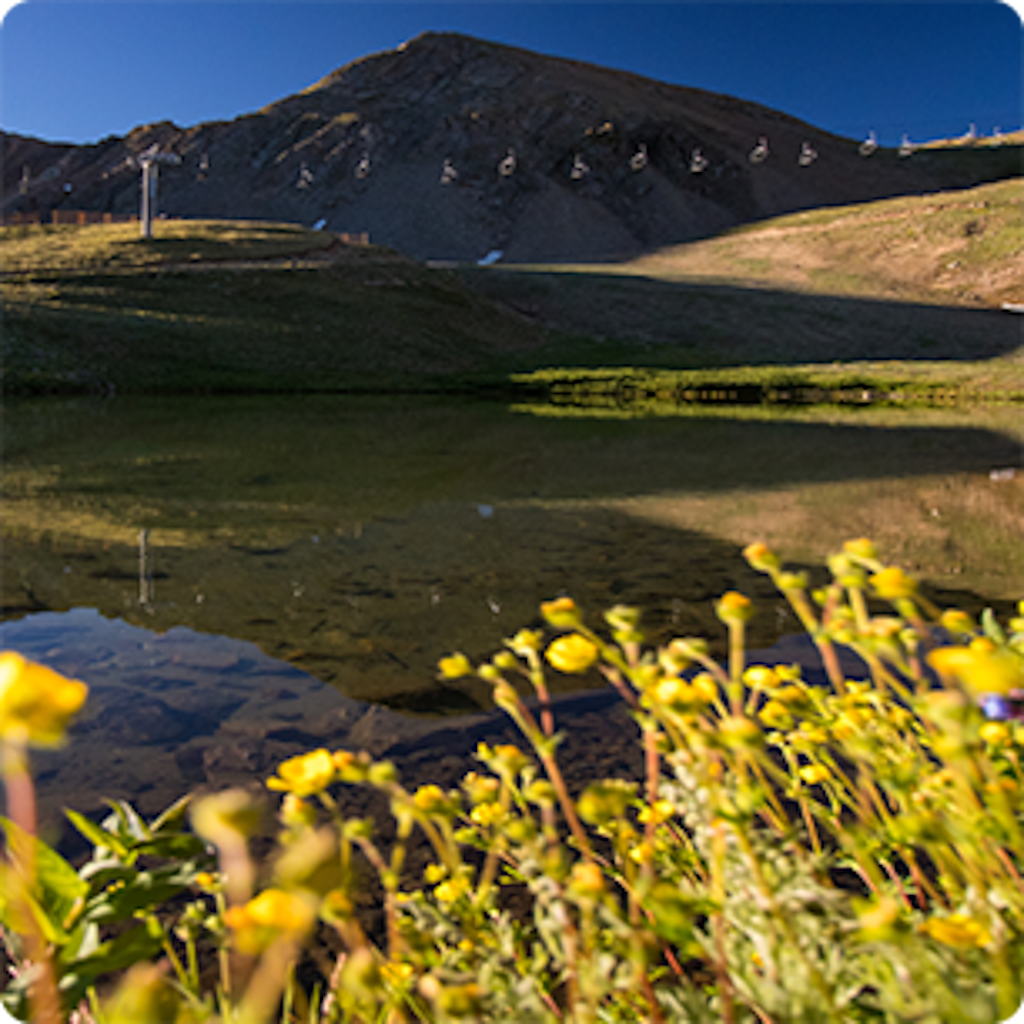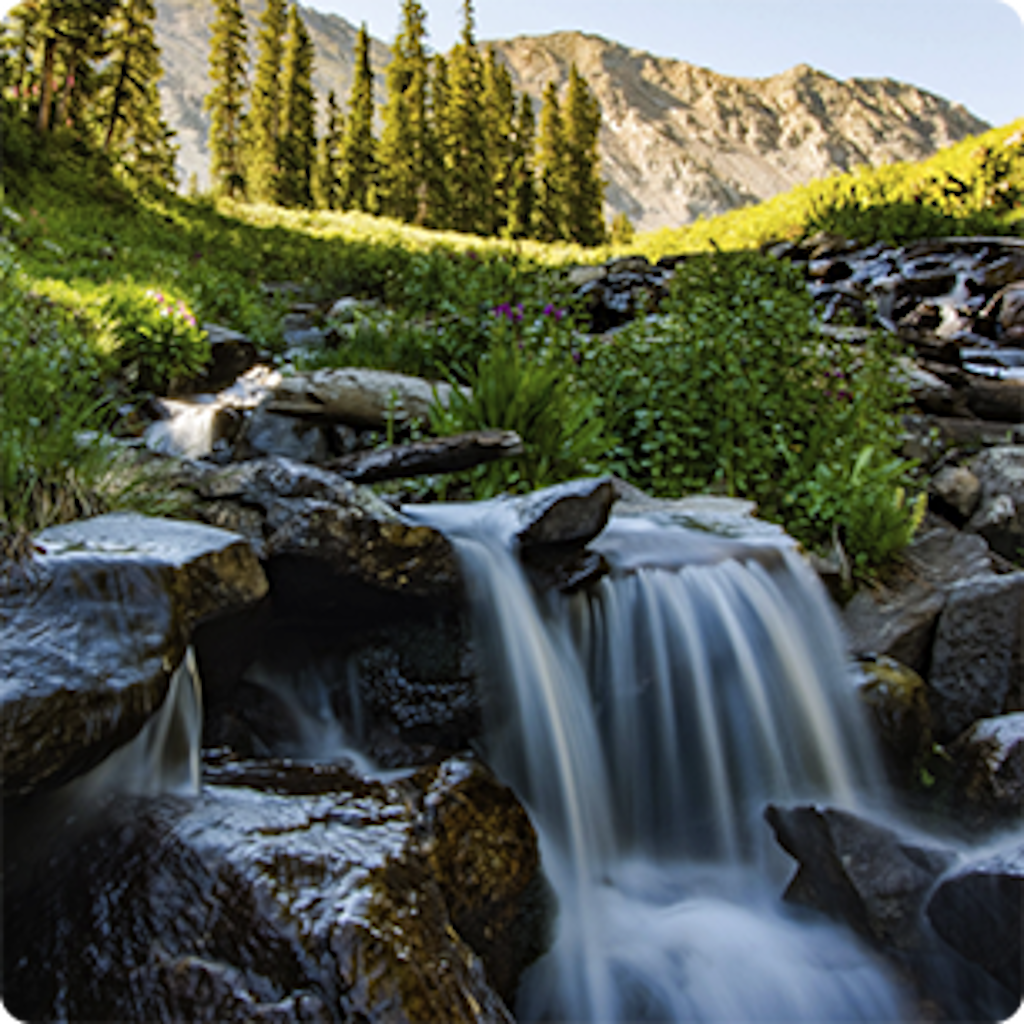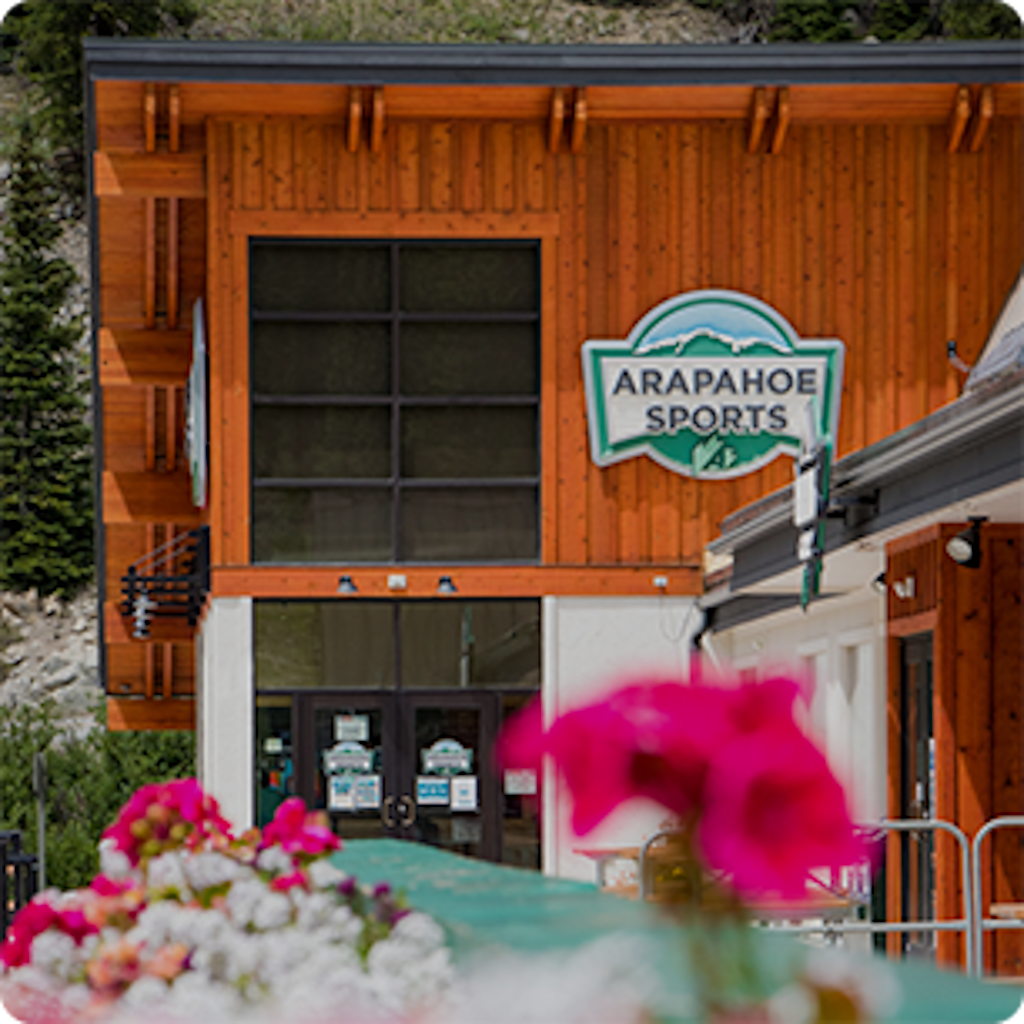A Carbon Neutral Operation
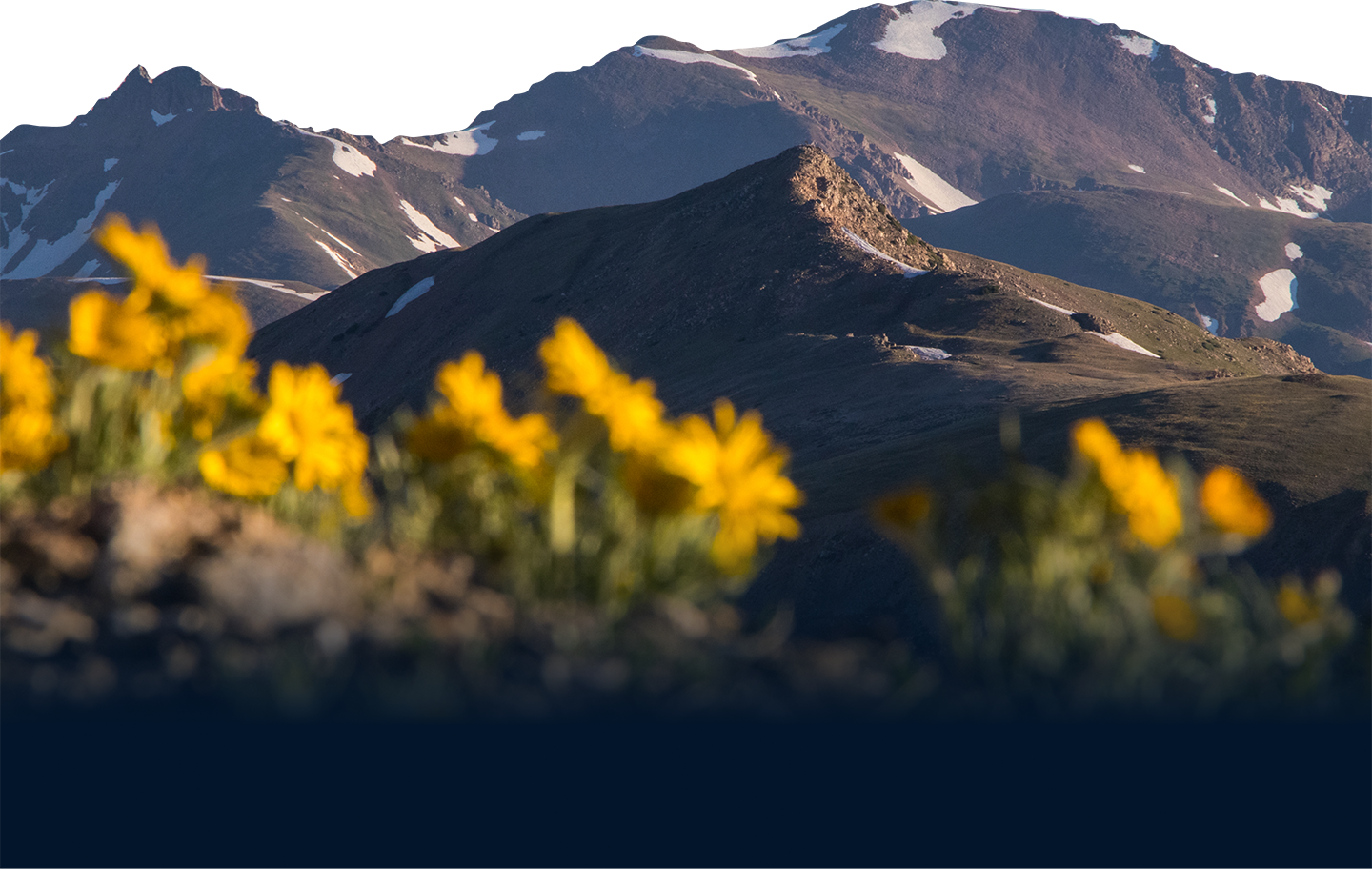
As leaders in the ski-area sustainability movement, we are committed to being thoughtful stewards of this exceptional mountain environment so that current and future generations can enjoy it for seasons to come.
Our sustainability efforts are broad, company-wide, and intentionally built into our culture and our business. By conserving and limiting our resource use, protecting our spectacular natural surroundings, and working hard to educate our guests and staff alike, A-Basin is finding ways to walk lighter on our planet - even in our ski and snowboard boots.
A CARBON NEUTRAL Operation
In 2018, the sustainability program made major strides by developing a strategic sustainability plan meant to work alongside the ski area’s master development plan. This plan, and its seven aggressive sustainability goals, were set to help us reach carbon neutrality by 2025.
However, we managed to achieve this 2 years ahead of schedule, following the announcement of 100% renewable electricity in late 2023. We are immensely proud to be a carbon neutral operation and thank every one of our guests and staff members for helping us get here.
MORE INFORMATION
2023 Sustainability Report
Welcome to the 2023 Arapahoe Basin sustainability report, covering the ski area's 2022-2023 ski and ride season. During this season, A-Basin reached perhaps the most significant of our seven goals. Achieving 100% renewable electricity will get us closer to Carbon Neutrality than any of our other goals or initiatives, as it will mitigate 62% of our carbon emissions.
Awards & Accolades
 As of February 2025, Arapahoe Basin is STOKE Certifed at the Sustainable Level, the first ski area ever to achieve the second-highest level of STOKE certification. STOKE is the Sustainable Tourism and Outdoors Kit for Evaluation. The sustainability certification body provides standards built specifically for surf and ski tourism operators, destinations, and affiliated events. The average ski area scores around 9%, while Arapahoe Basin came in at 63%.
As of February 2025, Arapahoe Basin is STOKE Certifed at the Sustainable Level, the first ski area ever to achieve the second-highest level of STOKE certification. STOKE is the Sustainable Tourism and Outdoors Kit for Evaluation. The sustainability certification body provides standards built specifically for surf and ski tourism operators, destinations, and affiliated events. The average ski area scores around 9%, while Arapahoe Basin came in at 63%.
This prestigious award provided by Recycle Colorado recognizes companies and organizations for their excellence in recycling and composting. This award is given to a business who engages in comprehensive recycling and waste diversion work, including but not limited to recycling, composting, and hard-to-recycle programs. This business’ work perpetuates Colorado’s goal of achieving a 50% diversion rate by 2050.
A-Basin has continuasly reported a 50-60% diversion rate, thanks to programs like Terracycle, training and processes to dispose of other hard to recycle items, and use waste initiatives as culture-building opportunities such as initiating employee-wide clothing swaps. We also use our perspective as a tourism-based business to provide insights to our community environmental non-profit, HC3, about Summit County waste initiatives.
Awarded to a sk iarea for its holistic and proactive approach to environmental stewardship, including leadership in advocacy and the achievements of 100% Renewable Electricity and Carbon Neutrality prior to their 2025 goal, the NSAA awarded Arapahoe Basin the Golden Eagle for Overall Environmental Excellence.
For tirelessly advocating for climate-positive policy, both locally and nationally, and inspiring others to join the journey towards a more sustainable future, the NSAA named A-Basin’s Sustainability Manager Mike Nathan Hero of Sustainability.
Community and partnership - In its inaugural year, fittingly this award was shared by two resorts: A-Basin and Big Sky, for our collaboration on community and industry-wide sustainability initiatives.
Colorado’s Department of Public Health and Environment recognized A-Basin for the implementation of numerous sustainability initiatives in pursuit of our aggressive goal of Carbon Neutral by 2025.
A-Basin earned three Golden Eagle nominations this season for the multiple ways we tackle environmental work, including new EV chargers and increased vocal advocacy this year.
Sustainability Sundays social media video campaign was recognized for its publishing of "simple, relevant, and achievable, environmental content on a weekly basis.”
Arapahoe Basin Senior Manager of Guest Services, Sha Miklas, was recognized as a Hero of Sustainability for her role in creating and leading the A-Basin sustainability program through its early years.
A-Basin received the award as the Colorado business best exemplifying both community leadership and strong commitment to innovation in their waste reduction efforts.
A-Basin was recognized with the NSAA’s highest environmental award for the ski area's strong waste reduction efforts.
A-Basin’s Montezuma Bowl terrain expansion was constructed with an emphasis on avoiding environmental impacts and significantly limiting disturbance on the ground.
A-Basin developed its snowmaking system to maintain consistent in-stream flows, protect fisheries and wetland ecosystems, improve water quality, and minimize impacts in the Snake River Basin.
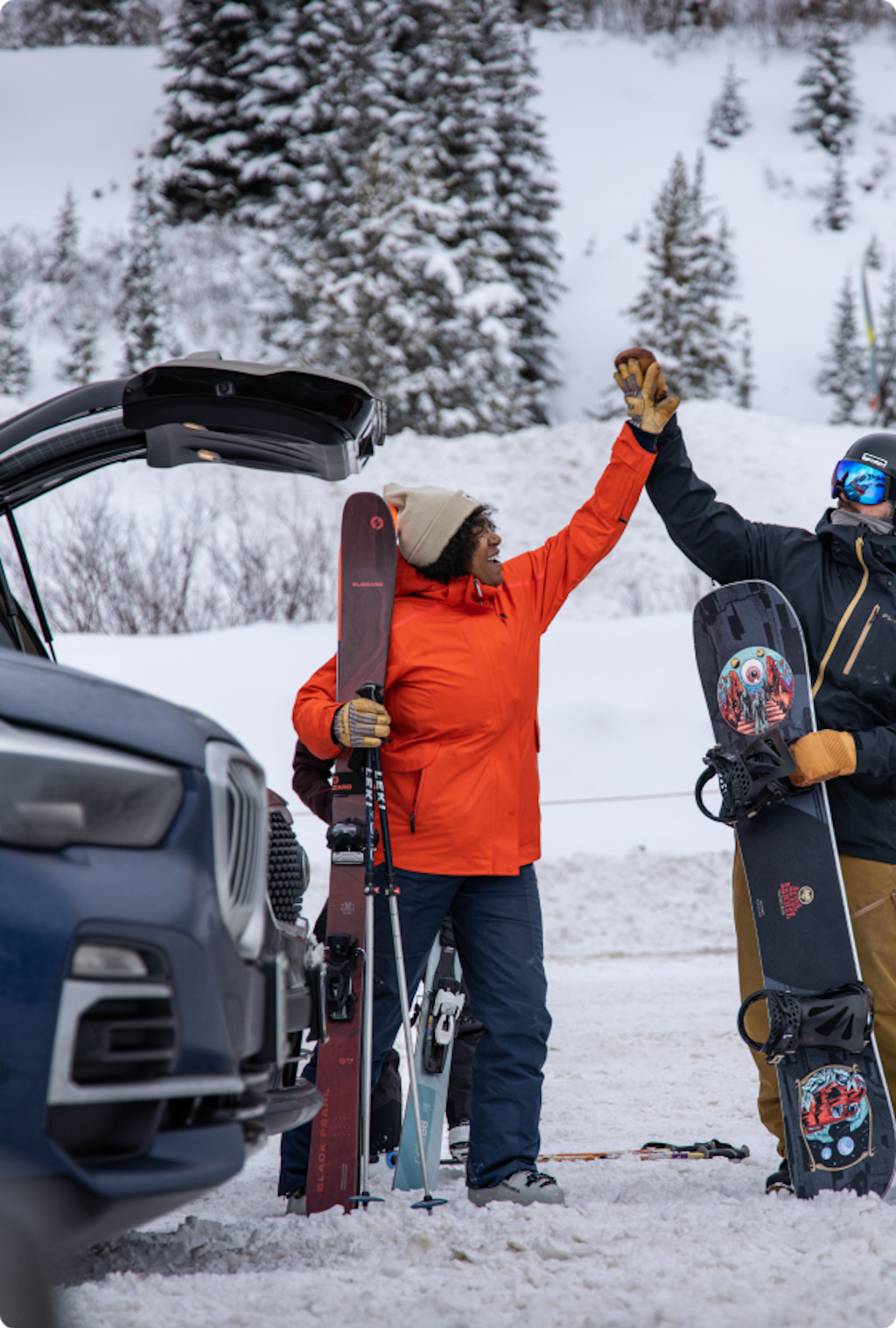
SKI & RIDE MORE SUSTAINABLY
Becoming a more sustainable skier or snowboarder doesn’t have to mean giving up all that you love. Between carpooling and using public transportation, purchasing responsibly, and being a more thoughtful visitor, there are tons of things you can do to reduce your emissions. We can all walk lighter on the planet…even in our ski or snowboard boots!
Find out More
